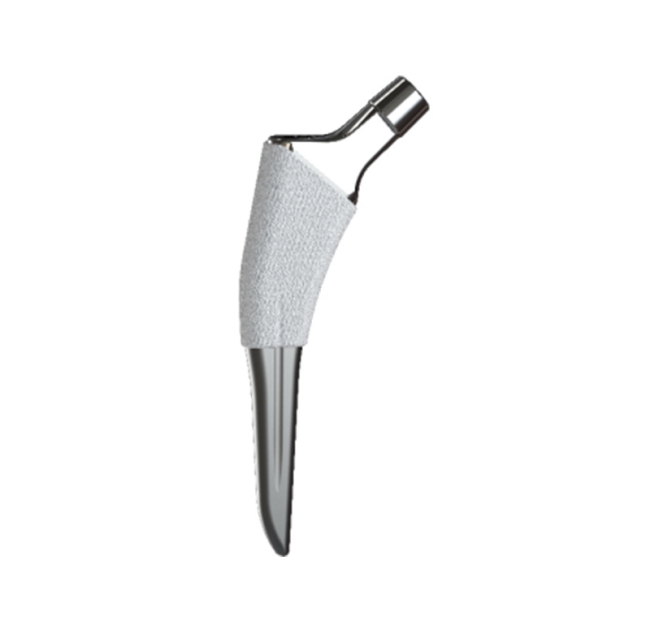According to statistics, femoral neck fractures account for 3.58% of the total number of fractures. It often occurs in the elderly. With the extension of life span, its incidence is increasing and has become a serious social problem. Now the joint prosthesis supplier is with us to get to know it.
What is a femoral neck fracture?
A femoral neck fracture refers to the fracture from below the femoral head to the base of the femoral neck. The blood supply of the fracture site is special, and it is prone to delayed union or nonunion of the fracture, and it is also easy to cause femoral head necrosis. A femoral neck fracture is the most common injury of the hip, and the incidence of systemic fractures is second only to fractures of the distal radius. In clinical practice, according to the position of the fracture line, it is divided into subcephalic, transcervical and basal types.
Why is the femoral neck easy to fracture?
1. External factors (35%):
Due to the degeneration of the hip muscles in the elderly, the reaction is slow and cannot effectively offset the harmful stress of the hip. In addition, the hip is subject to greater stress (2-6 times the body weight), and the local stress is complex and changeable, so there is no need for much violence. Such as slipping on the ground, falling from the bed, or sudden twisting of the lower limbs, fractures can occur even without obvious trauma.
2. Osteoporosis (20%):
Due to the degeneration of the hip muscles in the elderly, the reaction is slow and cannot effectively offset the harmful stress of the hip. In addition, the hip is subject to greater stress (2-6 times the body weight), and the local stress is complex and changeable, so there is no need for much violence. Such as slipping on the ground, falling from the bed, or sudden twisting of the lower limbs, fractures can occur even without obvious trauma.
3. Accidents (35%):
Femoral neck fractures in young adults often result from serious injuries such as car accidents or falls from heights.

People who are prone to fractures
A femoral neck fracture is a common clinical disease and frequently-occurring disease, which can be seen in all age groups, with the highest incidence in middle-aged and elderly patients.
Complications after fracture
1. Nonunion of femoral neck fracture
Nonunion of femoral neck fractures is relatively common. The nonunion rate of 7% to 15% is reported in the literature, and the incidence is the highest in limb fractures.
2. Avascular necrosis of the femoral head
Avascular necrosis of the femoral head is a common complication of femoral neck fractures. With the progress of treatment in recent years, the fracture healing rate can reach more than 90%. However, the rate of avascular necrosis of the femoral head has not significantly decreased so far.
Our company provides joint prostheses.
Previous: Inventory Of The Four Major Effects of Hydrolyzed Fish Collagen
Next: Maitake Mushroom Extract
Copyright:@2020-2021
Comments Please sign in or sign up to post.
0
0 of 500 characters used